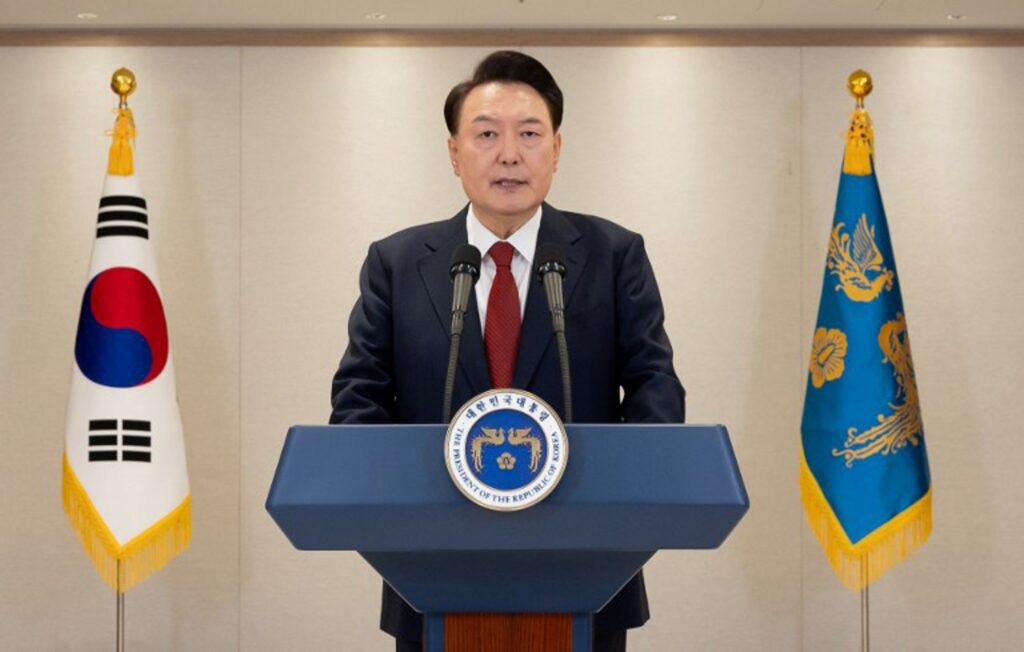The South Korean parliament on Saturday approved the impeachment motion against President Yoon Suk-yeol. The president will be immediately removed from office.
President Yoon Suk-yeol declared martial law in South Korea last week, to the surprise of many. A few hours later, under pressure from parliament and street protests, the head of state was already forced to revoke this decision. This controversial move resulted in President Yoon being under investigation for rebellion.
Parliament, controlled by the Democratic Party (the main opposition party), voted on a new motion to remove him from office on Saturday. Thousands of people took to the streets in several major South Korean cities to support the impeachment proceedings, with around 200,000 protesters outside the parliament demanding he be thrown out of office.
Meanwhile, in a televised speech, Yoon criticised the parliament, saying it "has become a monster destroying the constitutional order of liberal democracy".
But the National Assembly passed the motion by 204 votes in favour, with 85 voting against. The opposition spoke of a victory for the people and democracy after the vote. The protesters celebrated the decision outside the parliament building in Seoul, several international media reported.
What happens now?
The Constitutional Court now has 180 days to decide whether to depose Yoon. Prime Minister Han Duck-soo will become acting president as Yoon’s presidential powers are suspended. If the impeachment is confirmed, elections must be held within 60 days to choose a successor.
If the court confirms the impeachment, Yoon Suk-yeol will become the second president in South Korea's history to suffer this fate, after Park Geun-hye in 2017.
The South Korean opposition already tried to depose the President last week, but almost all MPs from his conservative ruling party PPP boycotted the vote, preventing the motion from passing. However, the Democratic Party soon set another impeachment vote.

